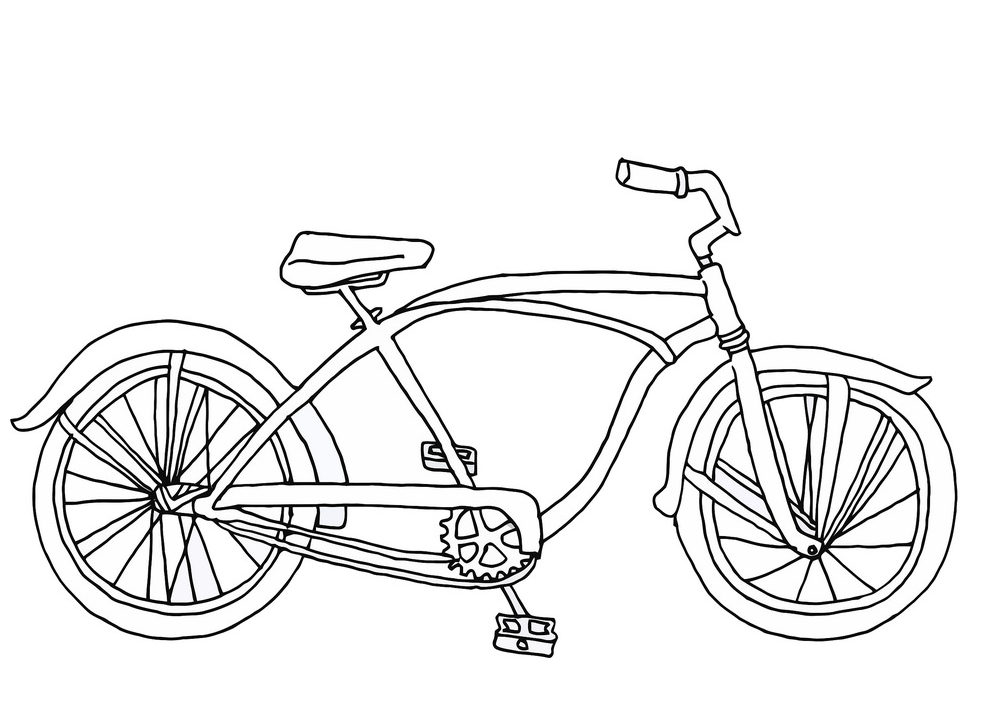Anna
Have you ever tried to draw a picture of a bicycle from memory? If you’re like me—and I’m a bicycle commuter and not a terrible artist—this proves a near impossible task, with the basic geometry of a bike eluding me every time. I’m not alone, it seems. Proof are the real, live bikes an artist built based on peoples’ (hilariously inaccurate) sketches. It’s awesome.
A Make Room survey found that 76 percent of American voters would be more likely to support a candidate who made housing affordability a focus of their campaign and a priority in government. Almost as many—across party lines—would like to see housing affordability as a core component of Democratic and Republican party platforms. A strong majority (63 percent) thinks Congress isn’t doing enough about affordability. It’s no wonder feelings are strong on these questions; it’s a kitchen-table issue. Fully 48 percent say they have struggled to pay rent or make mortgage payments in the past 12 months or know someone who has.
And, here are 5 rules for designing great—and healthy, friendly, and sustainable—cities, from Denmark’s “star urbanist,” Jan Gehl.
Keiko
Do you strive to challenge inequity in the spaces where you work? Check out this great (and free!) webinar on how you can use radical dharma to understand, confront, and counter racism and privilege within your own activism and larger progressive movements.
As housing prices skyrocket, residents are being priced out of communities where they have lived for decades. This recent New York Times article highlights the loneliness of being black in San Francisco, as the black community continues to shrink. Today, one in 20 residents is black in the city, compared to one in seven in 1970. How can we shape growth in order for our cities to not become enclaves for the rich? We have the opportunity to keep communities together by building more housing, requiring affordable housing, and providing help to those who need it.

